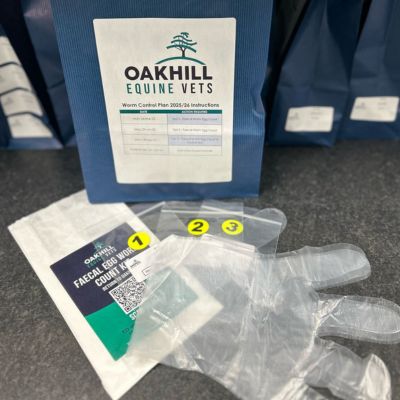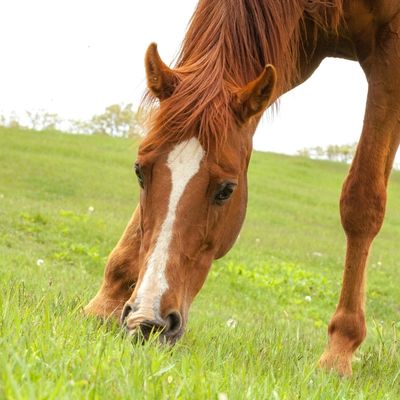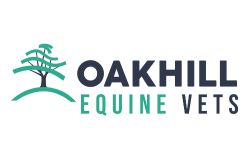Welcome to your horse’s Advanced Worm Control Plan
We’re here to make worm management easier and more effective for you and your horse. With our bespoke plans, expert guidance, and regular monitoring, you can rest assured that your horse’s health is in safe hands. Our comprehensive approach, including both worming treatments and pasture management advice, is designed to keep your horse worm-free while helping to prevent resistance. Let’s work together to ensure your horse stays healthy and protected year-round!
Instructions
Before you open your sealed Worm Control Plan bag, please take time to read the instructions on the front so that you know what test you need to perform and when! It is a good idea to add the instructions as reminders to your phone calendar or take a photo of the instructions for reference.
Please perform your horse’s worming diagnostic tests on the dates instructed as they are carefully selected to give the best interpretation of your horse’s current worm status. Please book your horse in for bloods between September and December. Bloods can be taken until April if you miss this window.

How to perform your Faecal Worm Egg Count
Unsure how to perform the Faecal Worm Egg Count test included in your plan? You’re not alone! Here’s a short video to explain how to collect the sample for accurate results.
IMPORTANT: Please make sure you check the instructions within your plan pack and only perform the test on the date given!
Results
You will receive notification of your horse’s test results by email or telephone call. Remember, if your horse has a positive test result, we will provide a suitable wormer free of charge!
It can be disappointing if your horse repeatedly comes back with positive results despite everyone’s best efforts. Some horses are prone to high egg counts with 80% of worms being cited as affecting 20% of horses!

Pasture Management
Our Worm Control Plans are just one part of effective worm management. Pasture management is equally important in reducing worm risks. Follow these key guidelines to minimise pasture contamination:- Unified approach: All horses grazing together should ideally follow the same worm control plan.
- Regular poo picking: Removing manure at least twice a week is vital to reduce worm egg contamination.
- Avoid overgrazing: Ensure pastures are not overstocked to help maintain healthy grazing conditions.
- Manage young horses separately: Horses under two years old are at higher risk of worm burdens, so avoid grazing them with older horses or donkeys.
- Encourage co-grazing: If possible, allow ruminants to graze alongside horses, as this helps break the equine worm cycle.
By combining a structured worm control plan with good pasture management, you can help protect your horse’s health and reduce the risk of resistance.
